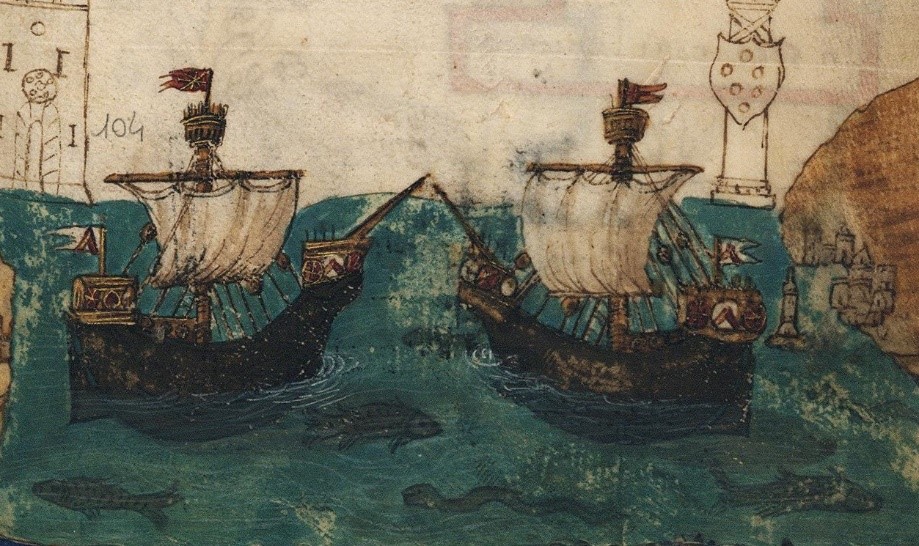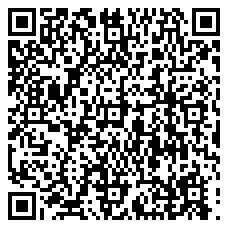
‘Diasporic Communities in the Mediterranean: Between Integration and Disintegration’, PIMo 1st Training School, El Museo Canario. In collaboration with IATEXT.
Updated Schedule: Canarias PIMo Timetable 1-4 Sept 2021
This training school will be hosted by the Museo Canario and is organised with the collaboration of with the collaboration of IATEXT, The Research Institute of Text Analysis and Applications.
Wide enough to support radically distinctive civilizations, and yet narrow enough to ensure ready contact between them, the Mediterranean became, in David Abulafia’s opinion, “probably the most vigorous place of interaction
between different societies on the face of this planet”. How should we go about historically studying the life aspirations and agency of minority groups moving and settling between the shores of the Mediterranean basin where religion, language, literacy, class, gender, political culture, music, architecture, clothing, food and other identity signifiers unity and divide a large variety of religious and ethnic groups? The PIMo Training School aims to explore the “visible and invisible networks” between cultures in the Mediterranean area, from the fifteenth century to the present and to show the ways such connections were (and are) artificially separated by ideological and literal borders. Its main objective is to offer an opportunity for research development, training and exchange of ideas for PhD and postdoctoral students working in the fields of Mediterranean Studies, Migration Studies, Cultural Transfers and History of Emotions. The entangled intellectual, cultural, and material histories of the Mediterranean will be unfolded following the displacement and resettlement of minority groups and individuals and the emotional responses of both displaced peoples and the communities they orbit and join. This school also aims to
provide a critical introduction to some of the most influential frameworks of explanation in historical work today and to equip trainees with the skills they will need to find and gain access to all the primary source materials they need
for their projects. School sessions will consist of a series of lectures and seminars delivered by prominent historians and sociologists from various countries and in-depth discussion sessions on the participating trainees’ PhD and
postdoctoral research projects. The language of communication for the School is English. The assessment will be in the form of a written essay of 3,000 words to be handed in 2 weeks after the end of the School.


